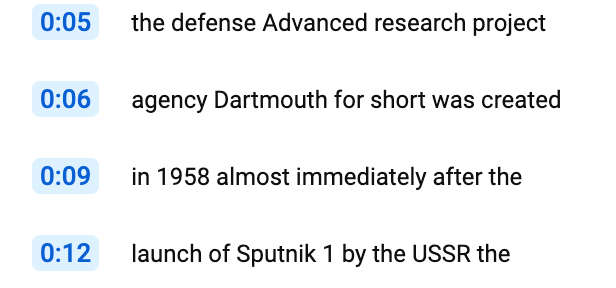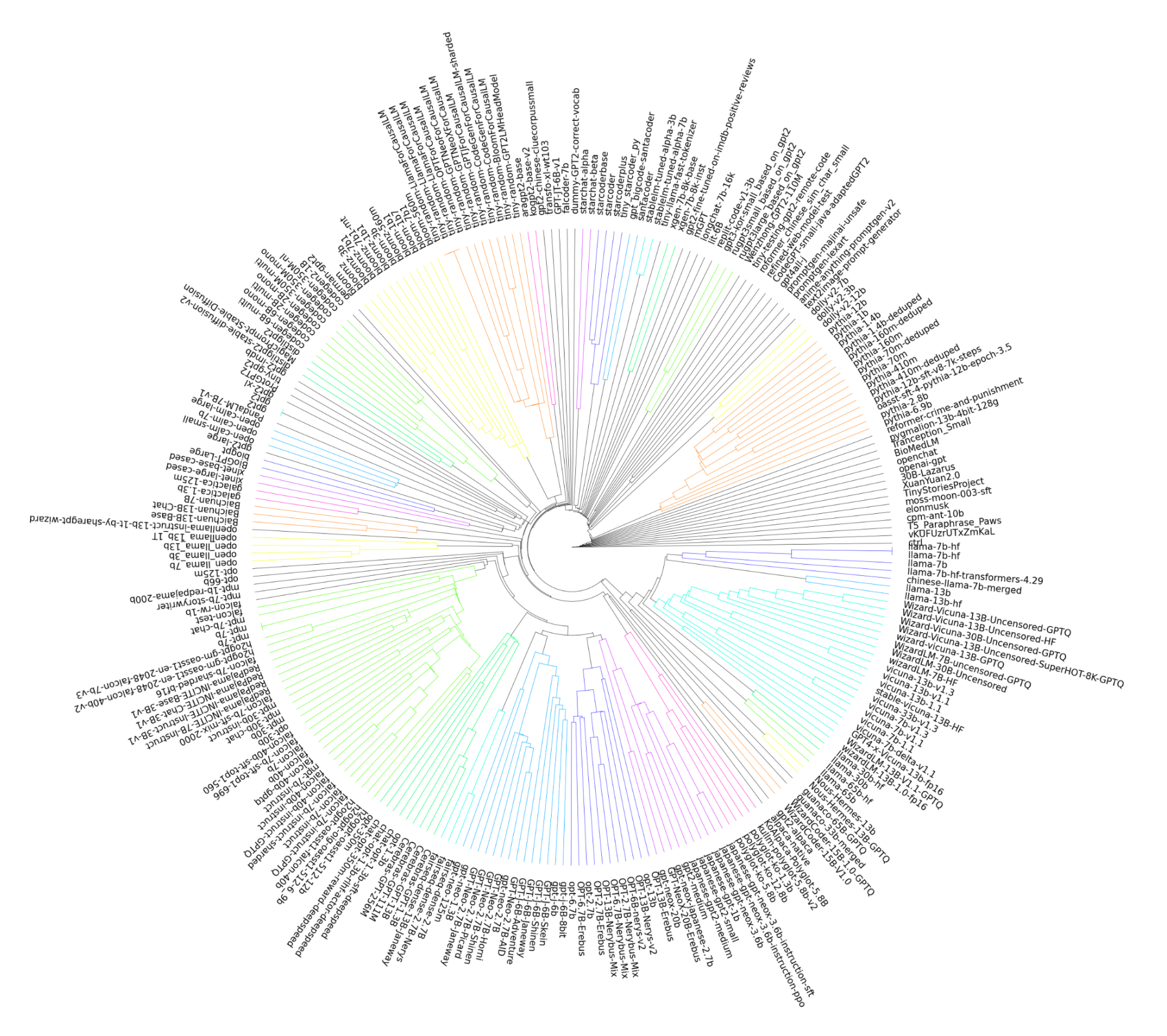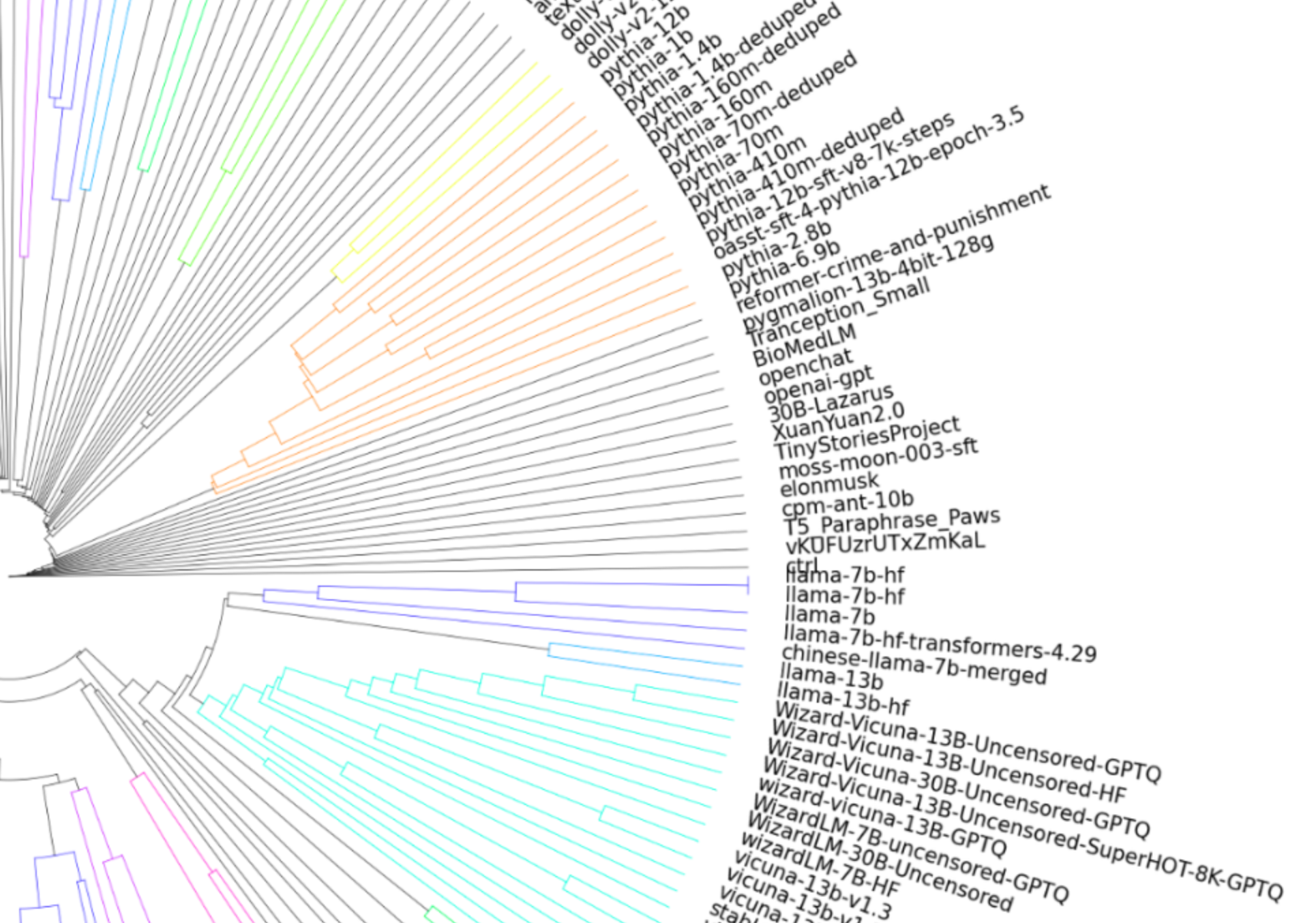Debate words
The Transcript Library at rev.com is a great resource — within 24 hours, they had transcripts of Wednesday's Fox News Republican presidential debate, and also of Tucker Carlson's debate night interview with Donald Trump on X.
So this morning I downloaded the transcripts, and ran the code that I've used several times over the years to identify the characteristic word-choices of an individual or of a group.
Read the rest of this entry »




